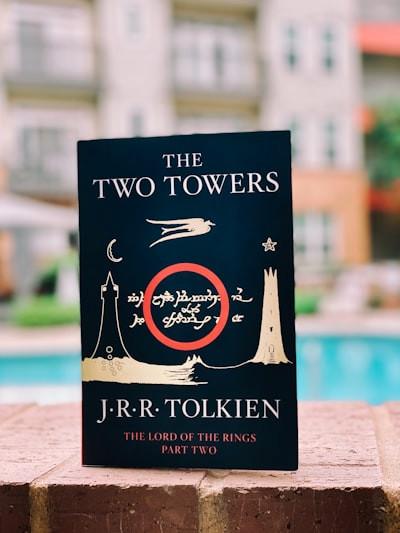Learn more about writing with this collection
Strategies for promoting inclusivity
How to address unconscious bias
How to create a diverse and inclusive workplace
The Lost Wisdom
It happens all the time. You read an amazing book, one so packed with wisdom that you think it’s going to change your life forever. Then…it doesn’t. Why? Because when you’re finally in a situation where you could use its insights, you’ve completely forgotten them. Time is our most valuable resource, so we shouldn’t waste it. The investment we make in reading should have a positive, lasting impact on our lives.
92
561 reads
The Truths About Reading
- Quality matters more than quantity. There's no point in reading loads of books in a short amount of time but couldn't recall enough about what the books say.
- Book summary services don't really resemble the actual books. Those summaries are useful as a stepping stone for us to explore more from the books. For me myself, I just basically use them as some kind of trailer of the books before I buy them, just to make sure I really want to read those books.
- We don't have to read books that we find boring. We don't always have to finisih the book we already started if it doesn't suits us.
89
383 reads
Before We Get Into the Tips
If you happen to read books just for entertainment, you probably won't need this. But if you read to acquire some valuable knowledge, the things mentioned next will be pretty important for your enhanced reading experience.
85
364 reads
Active Reading
Active reading is thoughtfully engaging with a book at all steps in the reading process. From deciding to read right through to reflection afterwards, you have a plan for how you are going to learn what’s in the book.
Books don’t enter our lives against a blank slate. Each time we pick up a book, the content has to compete with what we already think we know. To get the most out of each book we read, it is vital we know how to record, reflect on, and put into action our conclusions.
A lot of success in reading boils down to preparation. What you do before you read matters more than you think.
92
266 reads
Things to Help You Plan Which Books to Read
- Choose Great Books. Focus on some combination of books that: 1) stand the test of time; 2) pique your interest; or 3) challenge you. The more interesting and relevant we find a book, the more likely we are to remember its contents in the future.
- Get some context. Do some preliminary research of the book. It will be a major boost if you want to get a lot out of it.
- Know your why. You have to have some idea of what you want to get from the book. If you don’t read with intention, what you read will never stick.
92
290 reads
More Things to Help You Plan Which Books to Read
- Intelligentily skim. Use this information to situate your expectations and refine what you are looking for as you read.
- Match the book to your environment. When choosing books, take a look at your own situation and decide on genres or authors that might help you overcome any current challenges or give you a fresh perspective.
- Discover more books as you read. After you’ve read a book, peruse the bibliography and make a note of any books you want to read next.
90
268 reads
Notetaking
The best technique for notetaking is whichever one works for you and is easy to stick to. While there are hundreds of systems on the internet, you need to take one of them and adapt it until you have your own system. Adapt your notetaking system to suit your goals.
91
320 reads
Make Mental Links
Books do not exist in a vacuum. Every concept or fact can be linked to countless others. Making an effort to form our own links is a fruitful way to better remember what we read.
Building vivid mental pictures is one of the most effective techniques for remembering anything, not least what we read. When you come across an important passage or concept, pause and visualize it. Make the picture as salient and distinctive as possible by connecting it to other ideas already in your brain.
90
226 reads
Apply What You've Learned
Reading alone is not enough. We have to contextualize the knowledge. If you can take something you’ve read and apply it immediately, it will reinforce the learning and add context and meaning.
Teaching others is a powerful way to embed information in your mind. Upon completing a book, grab the nearest (willing) person and tell them about what you have learned.
If there is no one around who is interested, try writing a review where people are encouraged to comment and debate.
91
238 reads
CURATED BY
I stash ideas and quotes from the things I read, listen, watch, and do. Will be stashing both in English and Indonesian.
More like this
Read & Learn
20x Faster
without
deepstash
with
deepstash
with
deepstash
Access to 200,000+ ideas
—
Access to the mobile app
—
Unlimited idea saving & library
—
—
Unlimited history
—
—
Unlimited listening to ideas
—
—
Downloading & offline access
—
—
Personalized recommendations
—
—
Supercharge your mind with one idea per day
Enter your email and spend 1 minute every day to learn something new.
I agree to receive email updates

